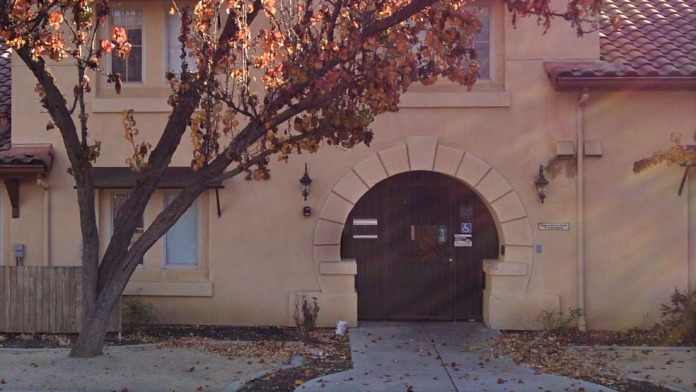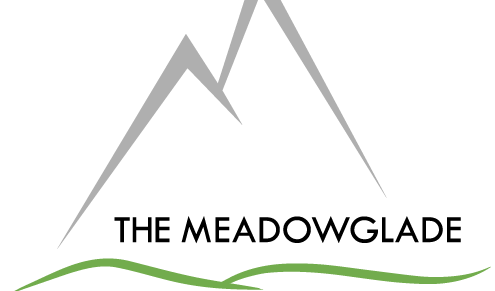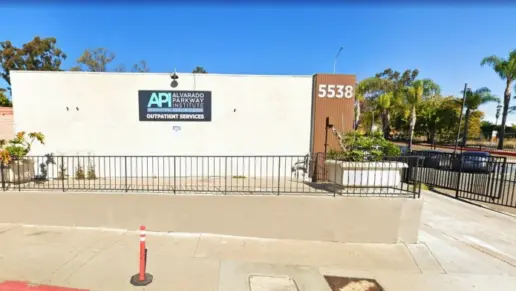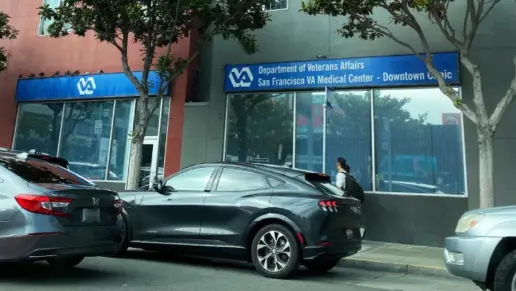About Walter house
Fourth and Hope Walters House is an addiction recovery facility in Woodland, California. They serve women and men affected by substance use disorders. This provides both residential and outpatient care. It all depends on your unique conditions.
Their residential program is ideal for clients with severe addictions who require around the clock medical care in a safe and structured environment. Their outpatient care is perfect for mild addiction. It lets you participate in therapy while maintaining your everyday work or academic programs.
This makes for flexibility and convenience. Both programs are CARF accredited. This means they satisfy the requirement for the highest quality of substance abuse treatment. They’re also MediCal certified, meaning you can use your MediCal benefits to cover the cost of treatment.
Their full spectrum of services includes assessment, treatment planning and crisis intervention. Others encompass substance abuse education, counseling and family therapy. Their outpatient program primarily involves individual and group counseling sessions.
These help you address the root of your substance use and build solid coping mechanisms against triggers. Each program includes comprehensive aftercare planning. This may involve referral to recovery support groups or connection to community resources that foster ongoing support. They may also refer you to their transitional living program for continued support in a stable and structured environment. Comments from past clients reflect an overall positive experience.
Facility Overview
Latest Reviews
Rehab Score
Gallery

Location
Other Forms of Payment
Self-pay involves paying for treatment out of your own pocket. You can use savings or credit, get a personal loan, or receive help from family and friends to fund your treatment. If you don't have insurance or your insurance plan doesn't cover a specific program, self-pay can help ensure you still get the care you need.
Addiction Treatments
Levels of Care
Programs

Clinical Services
Family therapy offers a platform for members to have an open dialogue about the challenges that addiction has placed on the family unit. Through guided sessions, therapists can help families develop healthy communication skills and address unresolved issues. By working together toward a common goal, they help to support their loved one's sobriety.
Individual therapy for drug addiction includes a customized treatment plan that considers your history and life circumstances. During your therapy sessions, the therapist helps you uncover underlying issues and triggers for addictive behavior that support a holistic approach to recovery.
During group therapy, men and women learn to express their emotions openly in a non judgmental setting. This helps you process your feelings and reduces feelings of social isolation that are often associated with addiction.
For clients who are struggling with ambivalence toward change, motivational interviewing in California can help strengthen their commitment to change. Using a conversational method, the therapist helps you explore your motivations and empowers you to make the changes you desire.
Cognitive behavioral therapy in California is a method that therapists often use for the effective treatment of substance use disorders. It is based on the principle that substance abuse stems from unhelpful ways of thinking and patterns of behavior, which can be changed by helping the individual learn better ways of coping.
Trauma therapy is a structured approach used by therapists to help you heal from a past traumatic event. Your therapist works with you to identify the traumatic memory and process the information so you experience emotional healing and a sense of safety and stability.
While participating in dialectical behavior therapy in California, you'll focus on four key areas of skill development: mindfulness, interpersonal effectiveness, emotion regulation, and distress tolerance. Treatment includes weekly individual and group sessions.
The goal of couples therapy in California is to strengthen the couple's relationship. The therapist may take one or more approaches to counseling which may include the Gottman method, emotionally focused therapy, behavioral therapy, and psychodynamic couple's therapy.
Amenities
-
Residential Setting
-
Private Rooms
Staff & Accreditations
Staff

Executive Director

Deputy Executive Director

President

VP

Secretary

Treasurer
Accreditations

The Commission on Accreditation of Rehabilitation Facilities (CARF) is a non-profit organization that specifically accredits rehab organizations. Founded in 1966, CARF's, mission is to help service providers like rehab facilities maintain high standards of care.
CARF Accreditation: Yes
Contact Information
285 4th St
Woodland, CA 95695


